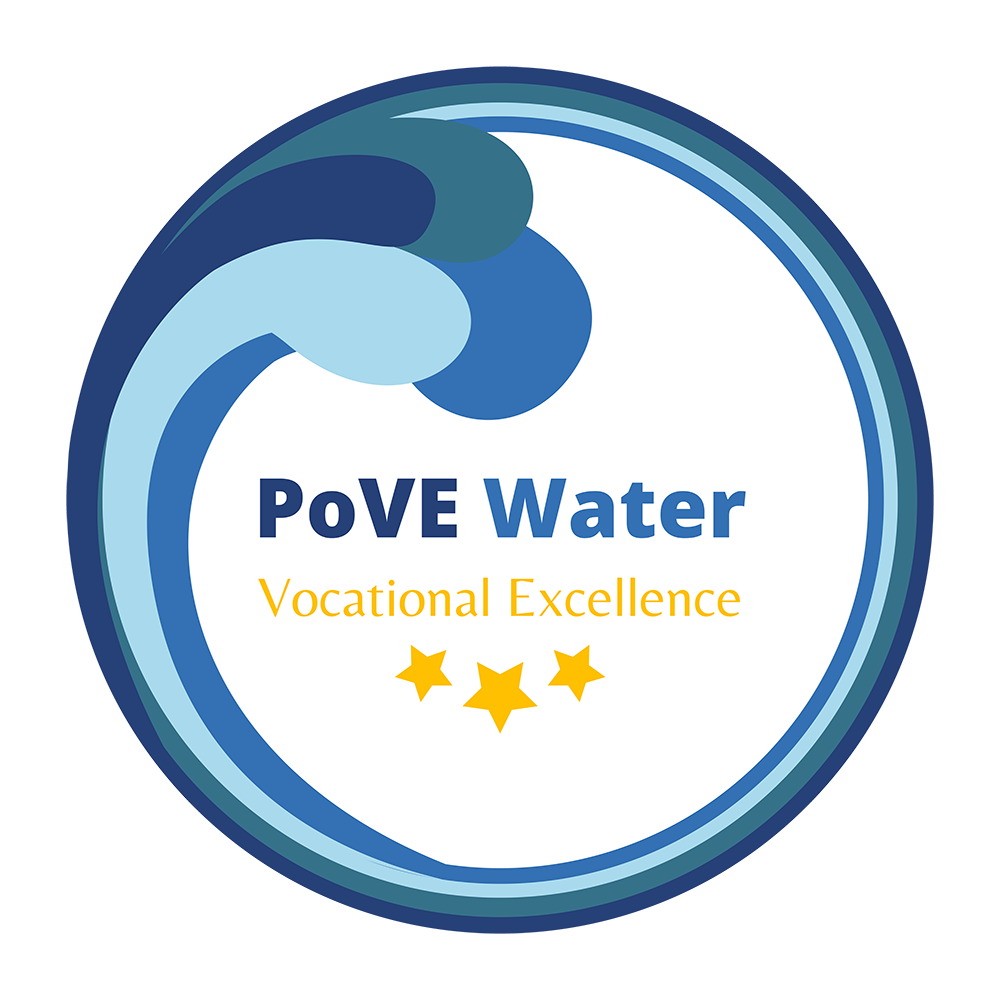Glasgow Clyde College Impact Story
For over twenty-five years, Glasgow Clyde College have provided educational support to the water industry. This has been achieved through standalone subject modules forming a Professional Development Award (PDA) in Water Treatment Processes and in Wastewater Treatment Processes as well as a Higher National Certificate (HNC) in Water Operations & Management.
Over this period, analysis of the utilities sector has highlighted the demographic change that is required if the water industry is to recruit, maintain and improve the skills base required within the sector. There is a wealth of experience within the water industry, however a high percentage of this comes from a workforce who are aged over fifty and will be leaving the industry within the next few years.
To address this potential skills shortage, in conjunction with Scottish Water, Glasgow Clyde College developed the educational pathways outlined above. The aim was to upskill both new and current staff members, in commercial, administrative, and operational roles. The goal of this being to develop a skill set embedded within the sector that could meet the demands of a rapidly changing industry from an operational, environmental, legal and management perspective.
The result of this is a workforce more aware of the today’s requirements in the industry. New apprentices are enrolled on a Scottish Vocational Qualification relating specifically to their role, given on the job experience, and after two years are now encouraged to enroll onto the HNC Water Operations & Management course.
The benefit of this to employers is a workforce more in tune with the wider industry and not only their own role, but a further benefit being also that this puts employees in a position for promoted posts.
The challenge with this is keeping the learning resources current. The benefit of being involved in the pilot PoVE Water collaboration is that cross fertilisation of material takes place and will be used to further enhance our already extensive library of information and learning material.
This should encourage students and employees to look beyond their own area of knowledge, experience and operation thus transferring that knowledge to a wider staff base. The initial challenge of lost skills because of the demographic will, through this collaborative learning, eventually be negated.
